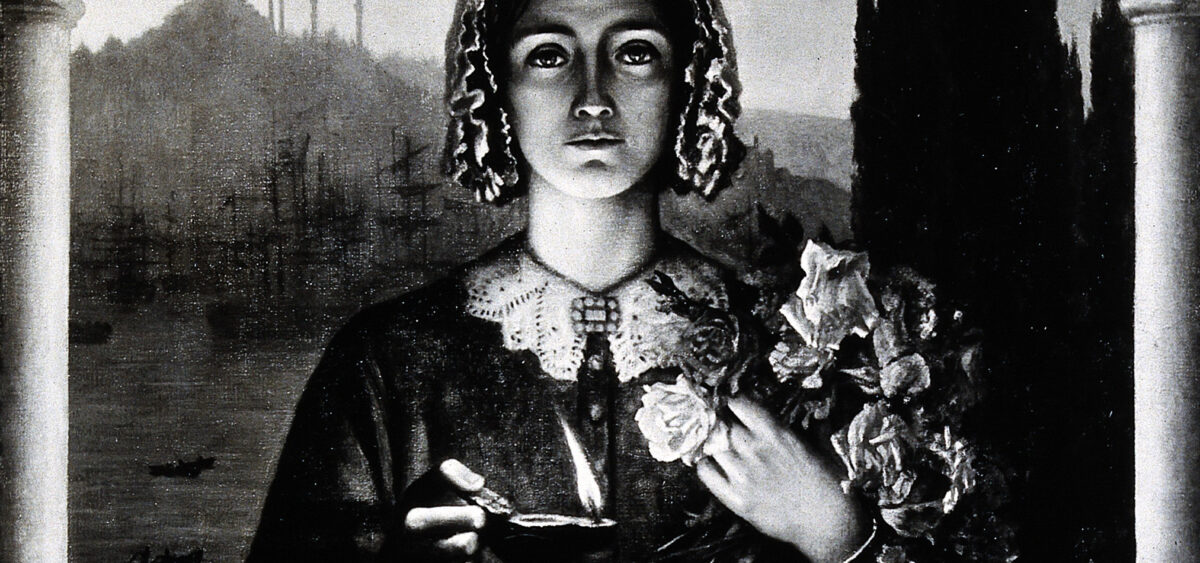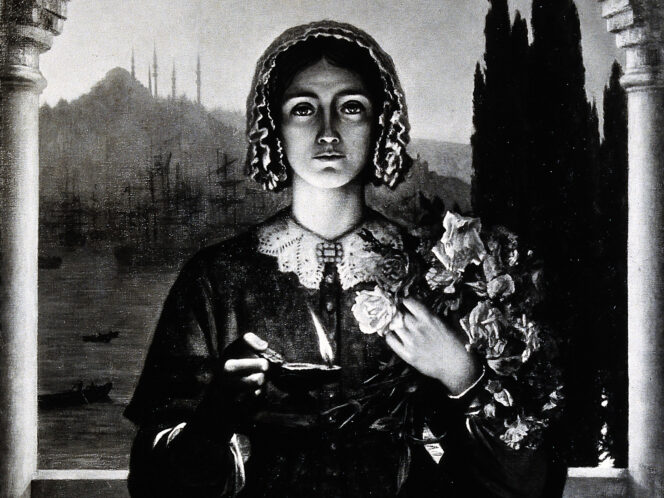
She was wrong about many things, but there was one she managed to foresee despite the limitations of her times. In illness, she perceived an experience that comes from nature. She saw it as a process that requires not only medical intervention, but also understanding, empathy and presence. Florence Nightingale stood in the doorway that led to a new era in medicine and took to opening the windows.
Her bicentennial birthday anniversary would have been a fantastic opportunity to celebrate the life and work of the nursing icon she was. However, the circumstances had forced the Abbot of Westminster to honour Florence Nightingale only symbolically. He prayed for the nurses working on the front line of defence against the coronavirus. The abbot thanked God for bestowing them with bravery, compassion and perseverance.
Each year, on 12th May, a great crowd gathers in the most important church of England. There are nurses, medical students, Red Cross representatives and the military. The culminating point of the event is a procession of nuns who carry a small olive-oil lamp (an attribute of Florence Nightingale in her portraits and prints) and bring it to the main altar. There, the nursing sister hands it to a qualified secular nurse who works in a hospital. This gesture symbolizes the passing of knowledge and bringing humanity from the darkness into the light. Then, as tradition has it, the abbot places the lamp on the altar.
This year, on a late Tuesday morning on 12th May, the only person standing in the Nurses’ Memorial Chapel was Arlene Lee, a nurse from Southampton General Hospital. The Abbey’s windows were lit in the blue of the NHS. Arlene’s colleagues from the National Institute for Health Research were delegated to care for COVID-19 sufferers. Arlene was left alone with the lamp that is kept in the Chapel – a symbol of the never-ceasing care for patients. Later, the Southampton nurse said to journalists that it was a very special moment for her. As a Florence Nightingale Foundation scholar, she owes a lot to her patron. If not for the pandemic, she would have spent last spring on the Harvard University leadership and management programme.
Healthy management
Sister Nightingale would have liked such concepts as ‘management’ and ‘leadership’. Her parents named her after the great Italian city in which she was born in 1820. She would have also liked to see nurses look after their patients instead of wasting their time on unproductive rituals. In her view, service to others was nurses’ most important vocation.
She did not like attention, and avoided acclaim and recognition at all cost. She didn’t want only to work with her biographers or receive honours while locked in an ivory tower of glory, surrounded only by a narrow coterie








